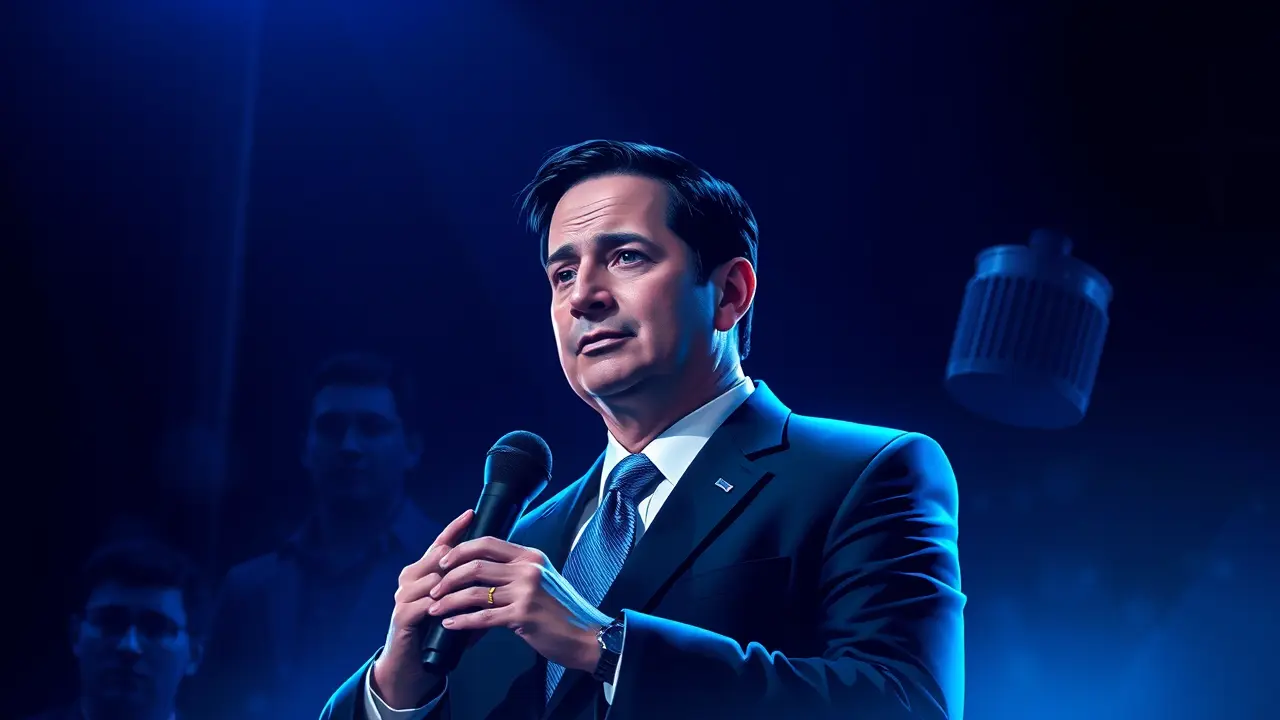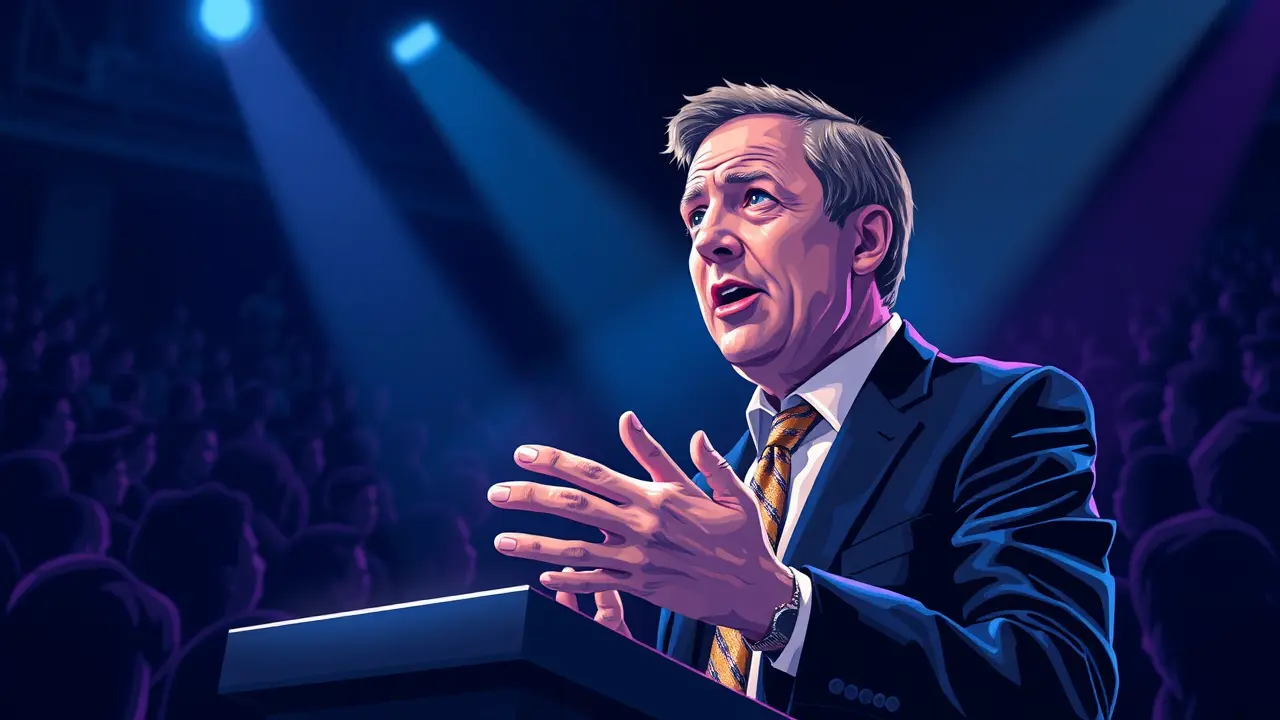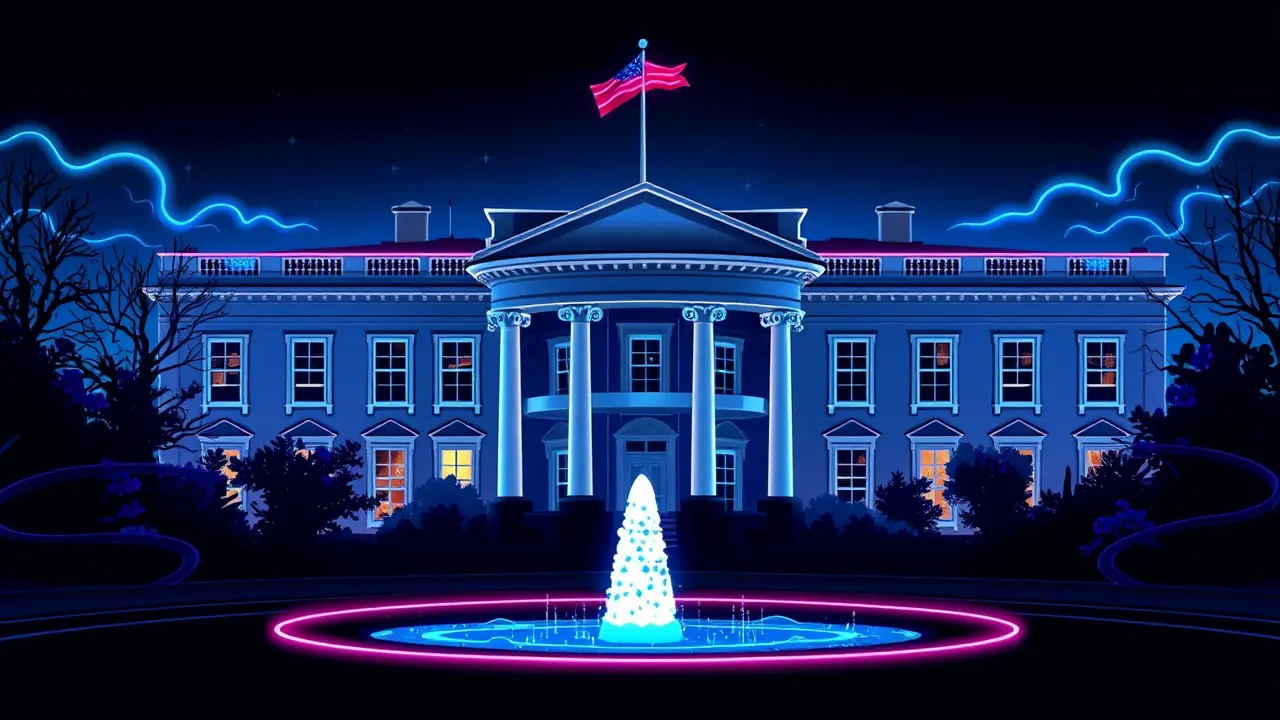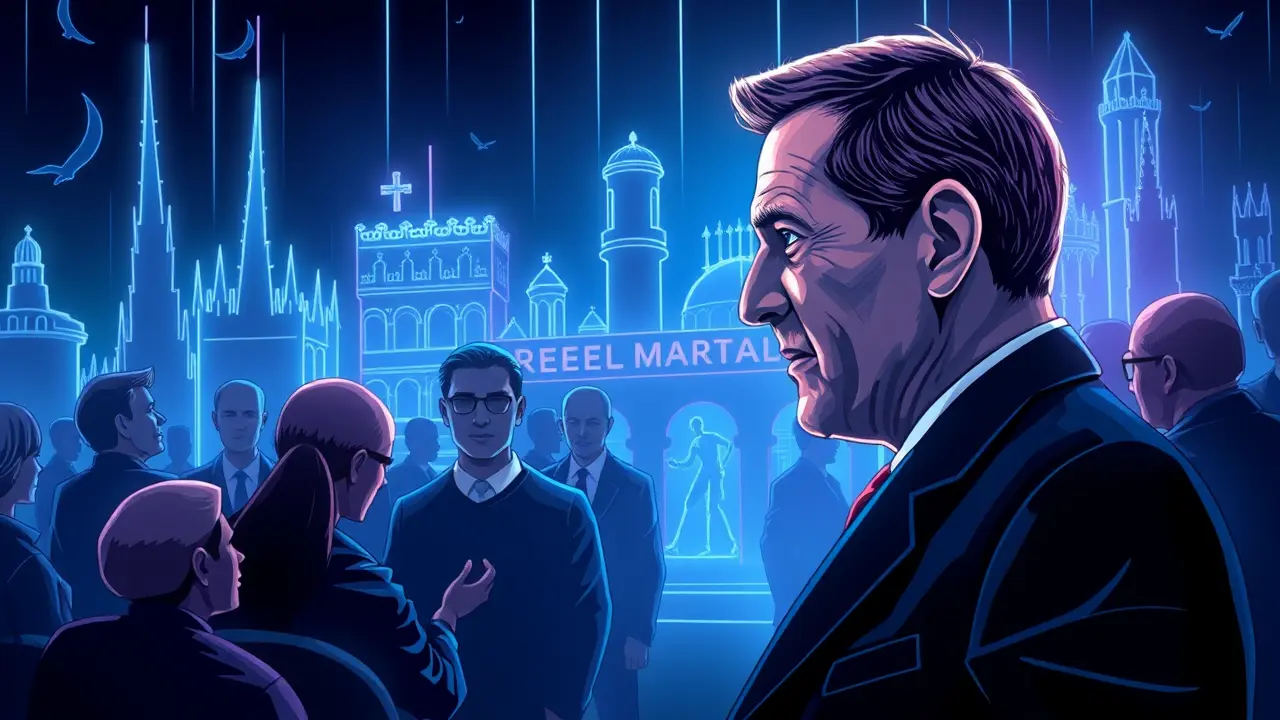
Politicscourts & investigations
Rubio Accused of Undermining Witnesses in MS-13 Case.
MA
Mark Johnson
1 week ago7 min read2 comments
In a political maneuver that reads like a strategic masterstroke from a high-stakes campaign playbook, Secretary of State Marco Rubio has reportedly assured Salvadoran President Nayib Bukele that he would actively dismantle the protection agreements shielding witnesses who were poised to testify about a clandestine deal between Salvadoran officials and the notorious MS-13 gang. This isn't just a diplomatic cable; it's a political operation, a calculated move that echoes the kind of hardball tactics seen in domestic political wars, now projected onto the international stage.The arrangement in question, allegedly brokered to artificially suppress homicide rates and secure crucial electoral advantages for Bukele's administration, represents the murky intersection of governance, security, and raw political power, a territory where backroom deals often trump public accountability. For Rubio, a figure long steeped in the cutthroat arena of U.S. politics, this assurance to a foreign leader strikes at the very foundation of judicial cooperation, potentially undermining years of painstaking investigative work by U.S. law enforcement agencies that rely on the sanctity of witness protection to dismantle transnational criminal enterprises.The implications are profound and multi-layered, suggesting a prioritization of bilateral political alignment over the principles of legal integrity and anti-gang prosecution, a stance that could recalibrate Washington's relationship with a key Central American partner while sending a chilling message to future informants. This episode fits neatly into Bukele's own political narrative of a strongman leader delivering results, a narrative he has leveraged to consolidate power, and Rubio's alleged involvement provides a powerful external validation of that approach, even if it comes at the cost of compromising witnesses whose testimony could expose the mechanics of a state negotiating with a terrorist organization.The political calculus here is razor-sharp: by aligning with Bukele's popular, albeit controversial, security model, Rubio may be betting on strengthening a regional ally against broader geopolitical rivals like China, viewing the witness issue as a tactical concession in a larger strategic game. However, the fallout could be severe, potentially eroding trust in U.S. commitments, emboldening other leaders to seek similar concessions, and creating a dangerous precedent where international justice becomes a bargaining chip in political negotiations. This is political strategy writ large, a move that will be dissected in campaign war rooms and diplomatic circles alike, revealing how the tools of political warfare are increasingly being deployed in the complex theater of international relations, with real consequences for justice, security, and the rule of law.
#diplomacy
#corruption
#MS-13
#informants
#investigations
#featured
Stay Informed. Act Smarter.
Get weekly highlights, major headlines, and expert insights — then put your knowledge to work in our live prediction markets.
Related News
© 2025 Outpoll Service LTD. All rights reserved.








